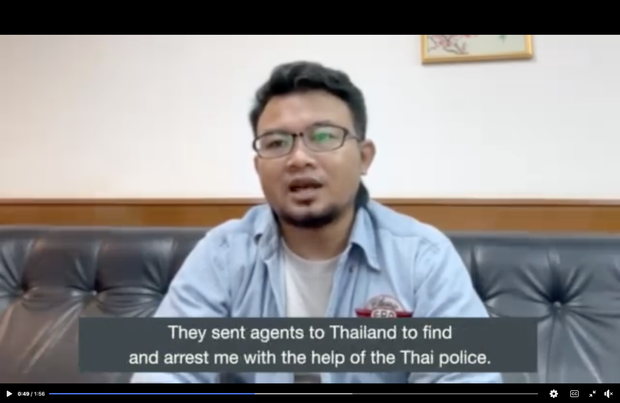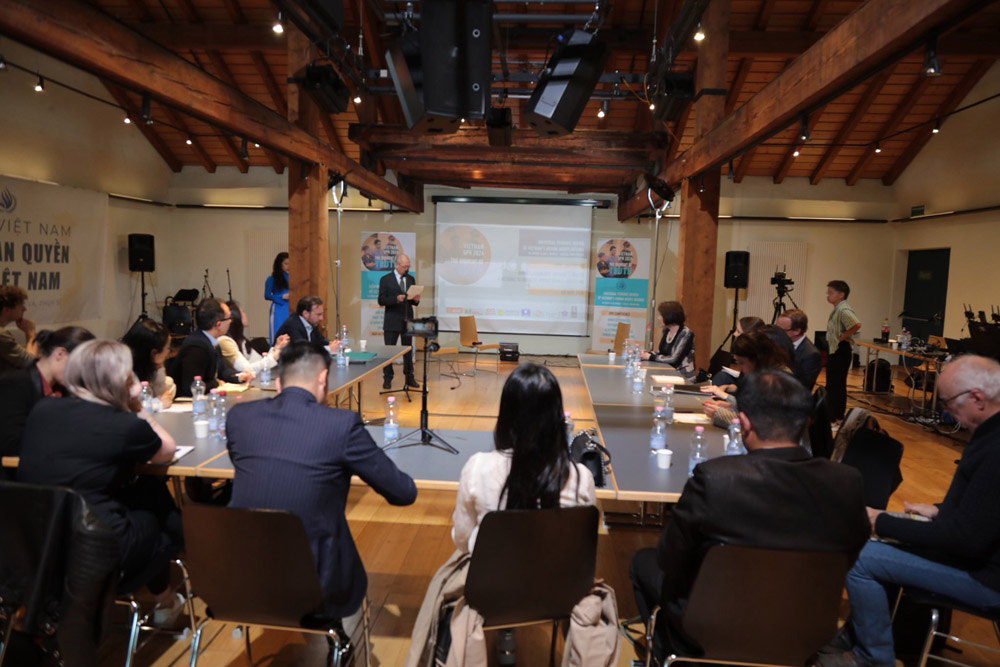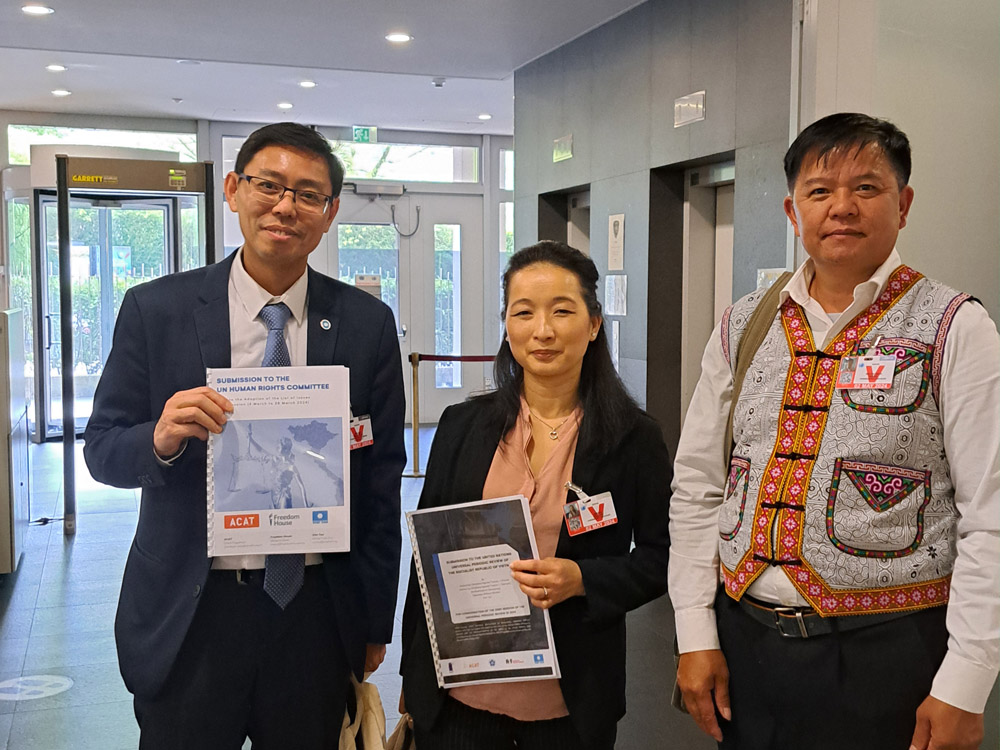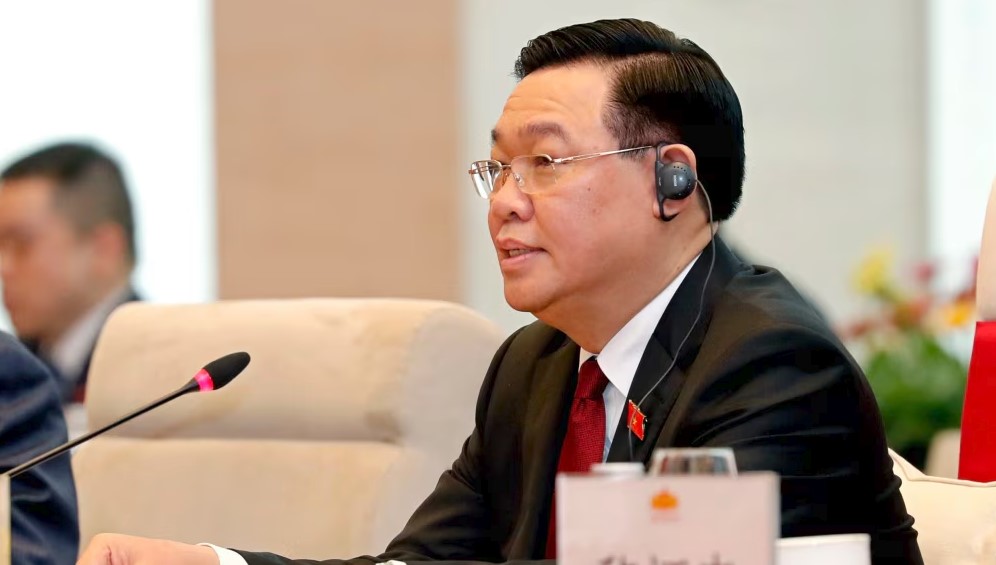FOR IMMEDIATE RELEASE
July 8, 2008
Contact: Judith Ingram,
Communications Director,
(202) 523-3240, ext. 127
communications@uscirf.gov
WASHINGTON—The United States Commission on International Religious Freedom extends its sincere condolences to the Unified Buddhist Church of Vietnam on the death of the Most Venerable Thich Huyen Quang. The UBCV’s Supreme Patriarch died Saturday at his Nguyen Thieu monastery in the province of Binh Dinh, where he was being held under administrative detention orders because of his decades-long and peaceful campaign for the freedom of religion and related human rights in Vietnam.
“Thich Huyen Quang was a strong voice for religious freedom and human rights in his country. Successive governments in Vietnam tried in vain to silence him, and he suffered greatly for peacefully championing religious freedom,” said Commission Chair Felice D. Gaer.
The UBCV, Vietnam’s largest Buddhist organization, was de facto banned in 1981 when the communist government formed the Vietnamese Buddhist Sangha and required all Buddhists groups to join it. Since 2003, most of the UBCV’s senior leaders have been held under some sort of “pagoda arrest” and recent efforts to organize provincial committees and charitable and youth organizations have been met with harassment, threats, and some detentions.
Vietnamese authorities are warning UBCV presumptive leader Thich Quang Do and other UBCV monks against turning the funeral for Thich Huyen Quang this week into an “anti-government rally” and have continued their campaign to discredit Thich Quang Do. A Commission delegation met with Thich Quang Do and other senior UBCV leaders during its October 2007 visit to Vietnam.
“Unfortunately, the government of Vietnam is using the occasion of Thich Huyen Quang’s death to further threaten UBCV leaders and assert control over independent Buddhist religious practice in Vietnam,” Gaer said. “Instead of issuing warnings, the government should ease its unjustified restrictions on the UBCV.” Vietnam’s communist government allows some officially approved religious groups to worship, but outlaws others that seek to operate and organize independent of government approval. Among the latter are the UBCV, some Hoa Hao and Cao Dai sects, and some ethnic minority and evangelical Protestants. Members of these groups, in particular, have been harassed, detained, arrested, and jailed over the past several years.
The United States designated Vietnam as a country of particular concern (CPC) in 2004 for severe, ongoing, and egregious violations of religious freedom but prematurely lifted that designation in 2006 citing “progress.” Yet in spite of some improvements, Vietnam’s human rights situation overall has deteriorated, and some of the serious concerns that led to the CPC designation remain. Many of Vietnam’s religious communities continue to face serious problems, the pace of reforms is uneven, and people continue to be detained and imprisoned for reasons related to their exercise or advocacy of freedom of religion or belief. The Commission again called this year for Vietnam to be re-designated a CPC.
The harassment and detentions of UBCV leaders and monks, and the banning of the UBCV, directly challenge the claim that religious freedom conditions in Vietnam have substantially improved. Buddhism is the primary religion among Vietnam’s 86 million people and the continued suppression of the UBCV remains one of the primary reasons that the Commission believes the U.S. Administration erred in removing the CPC designation in 2006.
“The death of Thich Huyen Quang offers the Vietnamese government a rare opportunity to honor a widely respected champion of freedom, by allowing the UBCV to freely select its own leadership, carry out charitable and youth activities without interference, and have its provincial committees operate without harassment,” Gaer said. “We urge the U.S. government to raise these issues with the Vietnamese government at the highest levels and call for the U.S. ambassador to Vietnam personally to attend the funeral Friday. Moreover, we also urge the U.S. government to make the legal operation of the UBCV a priority of the recently resumed U.S.-Vietnam human rights diplomacy.”






